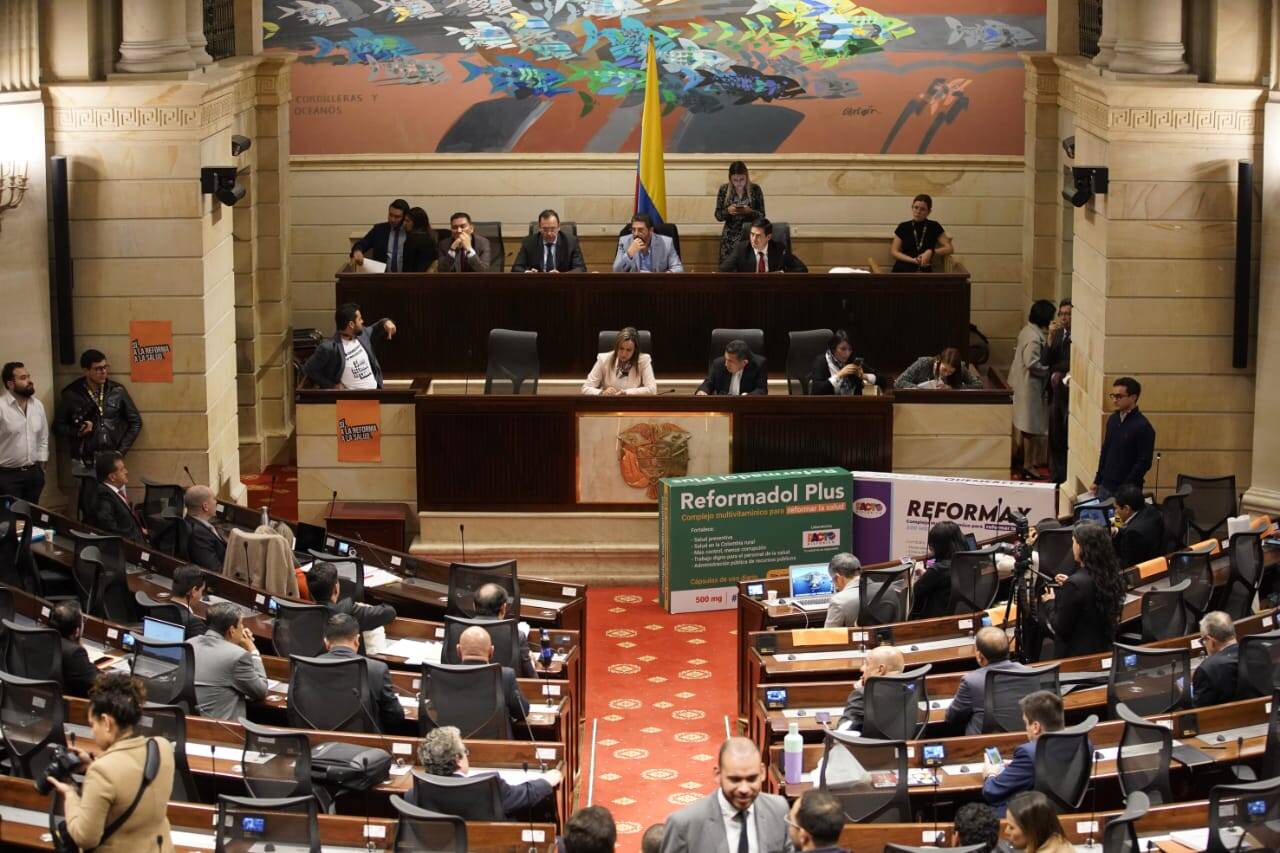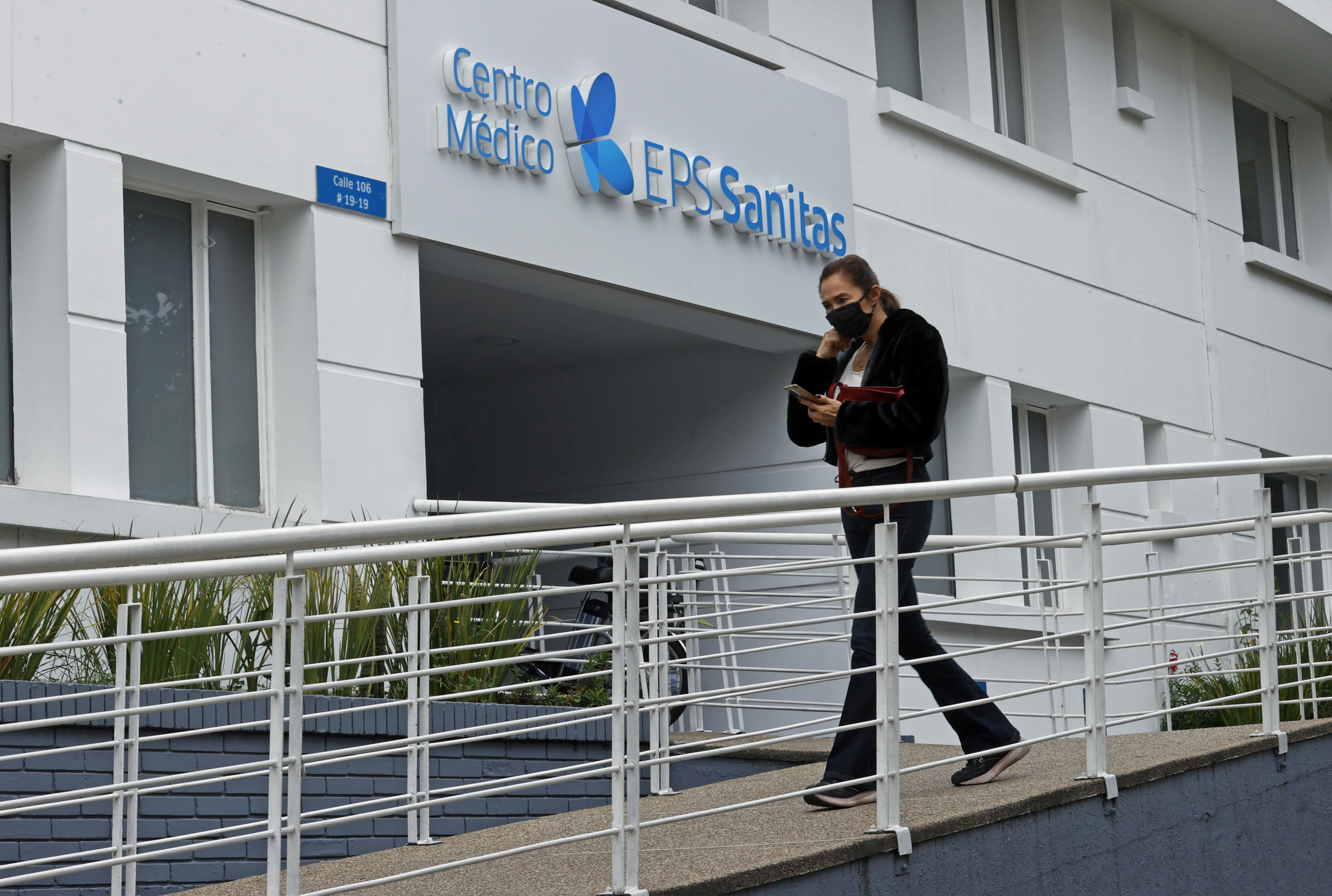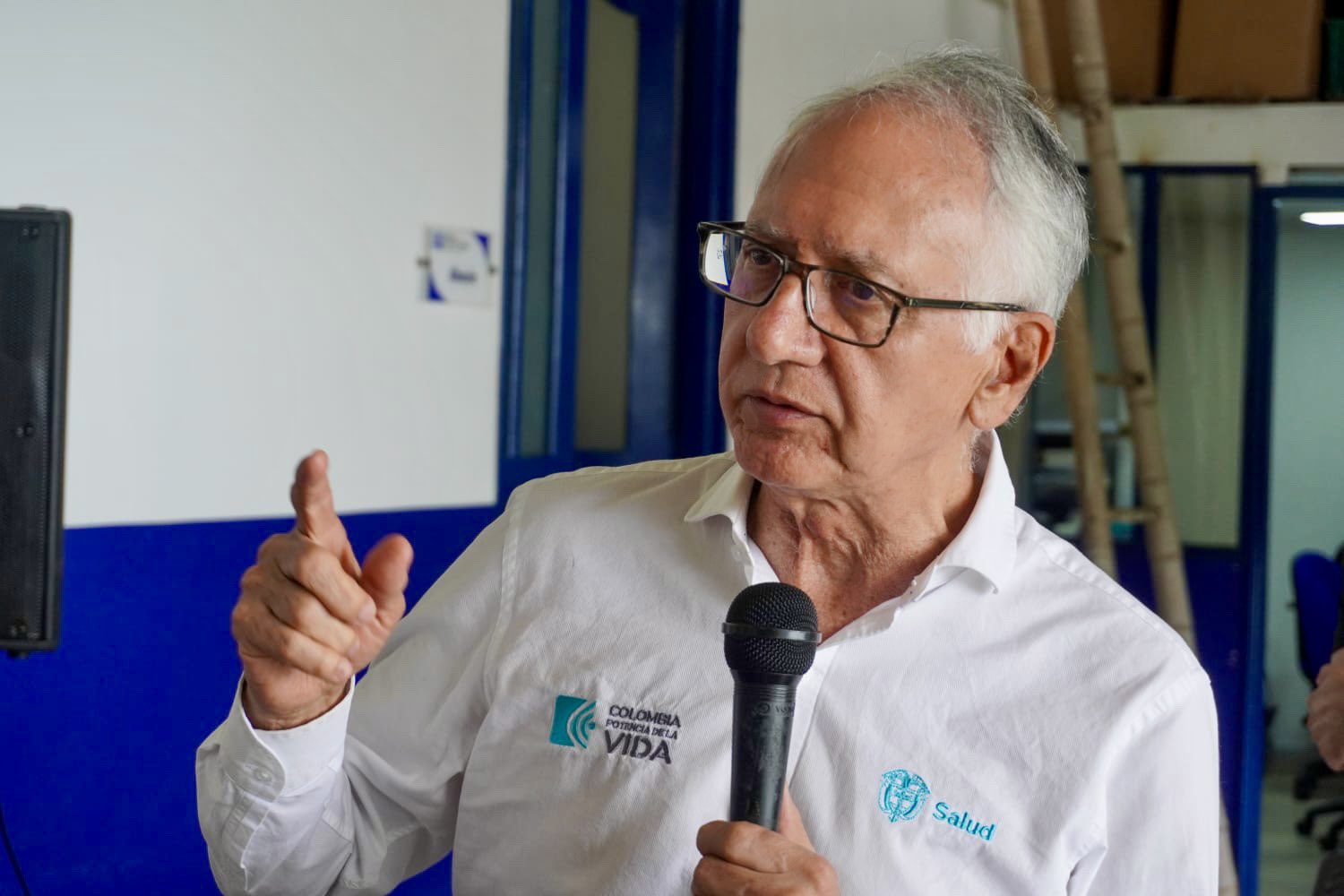The doubts and risks of the Ministry of Health decree that would implement, without going through Congress, part of the health reform: experts warn about the money

With the issuance of Decree 0858, the government made a key shift in its strategy to transform the Colombian healthcare system without going through Congress, where it has failed to advance its healthcare reform. The new decree, signed by the Ministry of Health, officially adopts the "Preventive, Predictive, and Resolute Healthcare Model" as public policy and proposes a reorganization of the system based on primary care, territorialization, and integrated service networks.
However, health sector experts, unions, and academics warn that this measure, if implemented administratively rather than through law, could have profound consequences in terms of legality, governance, financing, and patient care.
"It's 30 pages of content that, while sounding good, is irrelevant in some ways and harmful in others," summarized Andrés Vecino, a health systems analyst and professor at Johns Hopkins University. For the expert, beyond improving the system, at its core, "this decree is about the use of health resources," and is being implemented without sufficient institutional, technical, or fiscal conditions to sustain it.

Health care reform has failed to advance in Congress after its approval by the House. Photo: Sergio Acero. EL TIEMPO
One of the most repeated criticisms by experts consulted by EL TIEMPO is the legality of the regulation. Luis Jorge Hernández, a public health physician and professor at the Universidad de los Andes, warned that the decree "administratively modifies what should be regulated by law." This, he explains, contradicts the regulatory hierarchy of the Colombian system, where structural reforms to the insurance model must be approved by Congress.
The National Association of Businessmen of Colombia (Andi) also raised this same issue. "It is surprising that the National Government has decided to change legislative regulations, including some of them subject to statutory law, through a decree, which undoubtedly introduces an additional element of immense uncertainty," the association said in a statement.
This concern is not merely theoretical: some of the changes in the Decree, according to experts, affect fundamental regulations such as Law 100 of 1993 and the Statutory Health Law. For many analysts, moving forward with this transformation without the support of a law represents a "backdoor reform" that could be subject to claims of unconstitutionality, and which, in the meantime, generates significant legal and political uncertainty.

The government issued Decree 0858 to implement much of its failed health reform. Photo: Stock Adobe
One of the most critical points highlighted by all experts is the lack of a clear financing plan for the model. The decree establishes that resources from the General Health Social Security System, the National Budget, royalties, and international cooperation will be used, but it does not specify amounts or create new sources.
"Implementation is expected to occur in six months. It will end right around the time the Guarantees Law begins," warned Vecino, who also noted that currently "there is no money to pay for (the implementation of this model), as it would cost an entire tax reform, according to Senator Norma Hurtado's calculations."
In this regard, researcher Hernández agreed that the model "could worsen the system's financial crisis," as it proposes territorial expansion and the construction of new infrastructure with the same resources that are currently insufficient. "The system is already underfunded," he stated.
EPS changes and care is fragmented Although the decree does not eliminate the Health Promotion Entities (EPS), it does substantially redefine their role. They will now be subordinated within the territorial networks and must adapt to the "functional subregions" designed by the Government.
“Health care providers are becoming fragmented among several agents,” warned Ana María Vesga, president of Acemi. “I no longer go to my own health care provider, but to a Primary Care Center (CAP). My primary care is managed there, and that CAP, together with the health care provider and the network defined by the Ministry of Health, decides where I receive care. The interaction, which today involves a single agent, is fragmented among several actors.”

EPSs cannot be eliminated or transformed by decree. Photo: Mauricio Dueñas / EFE
In this regard, Hernández noted that this reorganization could "affect the continuity of patients' treatment, especially those with chronic or highly complex illnesses that require specialized and coordinated care."
One concern all experts warn about is the lack of clarity about who will coordinate care. "Confusion persists regarding which actor will be responsible for redirecting patients when they need specialized care," indicated Andi, which has been persistent in addressing this issue since the model was proposed in the health reform. This gap, the union warns, can translate into fragmented services, lack of coordination, and barriers to access, especially for patients with complex conditions.
"The change in the structure could lead to an increase in administrative procedures and network fragmentation," Hernández warned. "This would translate into greater barriers for patients," he added, noting that a clear example of this is what happened to teachers' healthcare after the change in its care model.
Vecino also emphasized that the new model "dilutes the system's governance" by removing direct responsibilities from the EPSs and giving more weight to the territorial entities, without ensuring that they have the resources or technical capacity to assume this burden.
A high-risk political gamble Overall, Decree 0858 is not seen solely as a technical-administrative measure, but as a high-risk political decision, according to experts. "The decree is not only a risky technical move, it's also a political move with many operational consequences," Vecino concluded.
Although the government defends the model as a fulfillment of the National Development Plan and a step toward guaranteeing the right to health with a preventive and territorial approach, most voices in the sector agree that the path chosen—the decree—undermines its own intentions.
"The decree does not address the current problems of the health system," Andi stated. "The financing crisis has weakened trust among system stakeholders and has resulted in a humanitarian crisis that is affecting the health and lives of patients."

Guillermo Alfonso Jaramillo, Minister of Health Photo: Ministry of Health
Environment and Health Journalist
eltiempo





